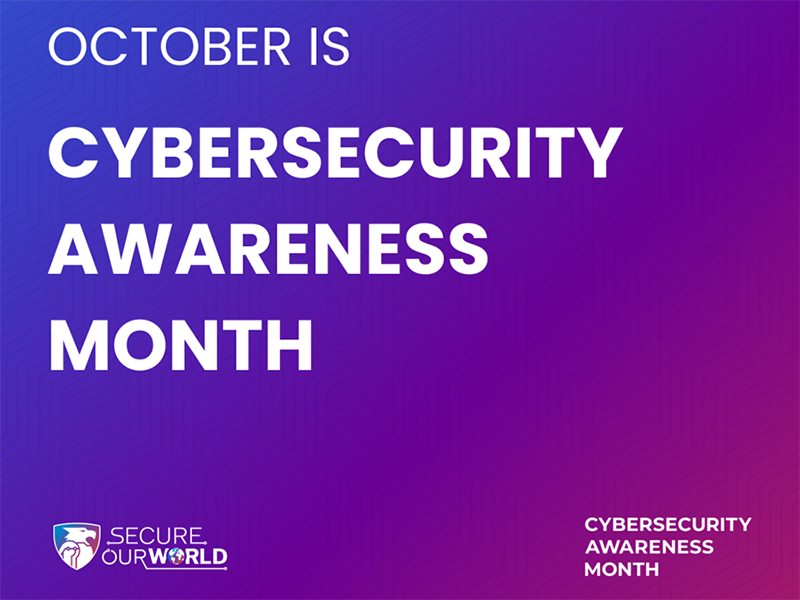Artificial intelligence (AI) has provided cybercriminals with new tools to enhance phishing attacks. AI-generated phishing attacks are a more sophisticated threat than traditional phishing. By using AI, attackers can craft highly personalized, convincing messages that are difficult to detect, using social media profiles, emails and public data to make the attacks appear more legitimate.
AI-generated phishing goes beyond typical grammar errors and vague, non-personal messaging. AI can produce error-free emails that closely resemble genuine communications from trusted sources. Additionally, AI can rapidly create vast amounts of phishing content, automating what once required human effort.
If you receive an email or other message requesting information, sensitive data or to simply click on a provided link, it's imperative to verify the source, sender and links first. The U of A and other reputable organizations will never request passwords, MFA codes, credit card numbers or other personal information via email.
If you think you have clicked on a malicious link or given information to an illegitimate source, you should update your password immediately and contact the IT Help Desk.
National Cybersecurity Awareness Month: This month, we're highlighting the importance of staying safe online. Whether you're a tech expert or just browsing the web, everyone can take simple yet powerful steps to protect themselves and strengthen our campus community's digital security. For more tips and resources, check out the IT Services Cybersecurity Checklist or visit the Cybersecurity & Infrastructure Security Agency (CISA).
Topics
Contacts
Ele Powell, digital content strategist
Vice Chancellor - Finance and Admin
479-718-1918, elep@uark.edu
